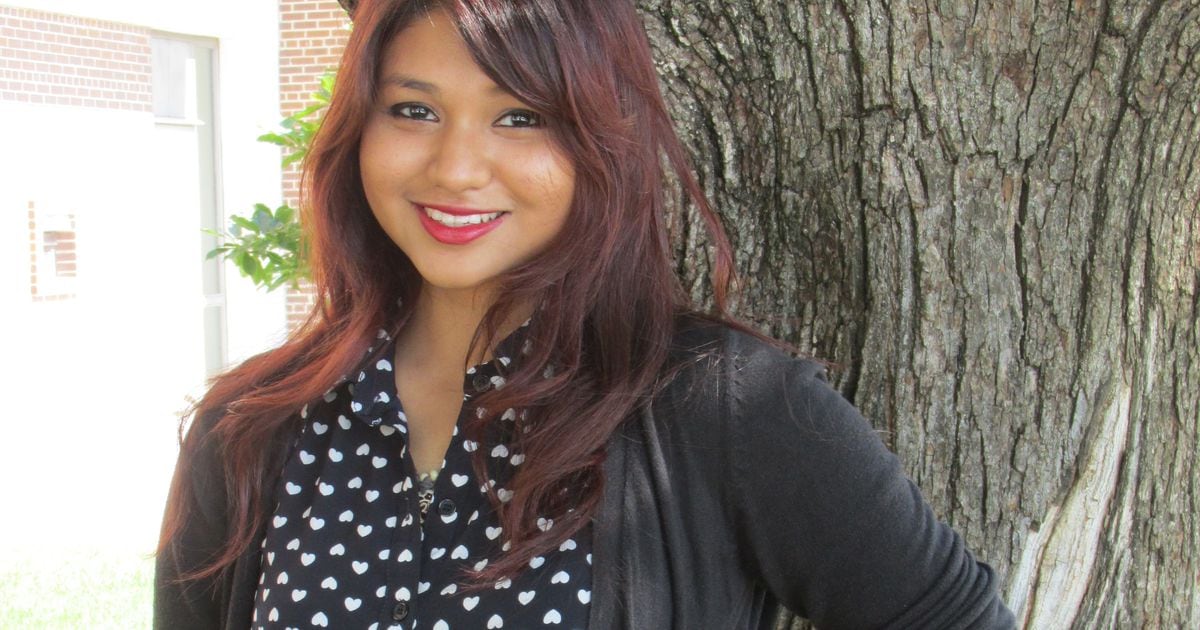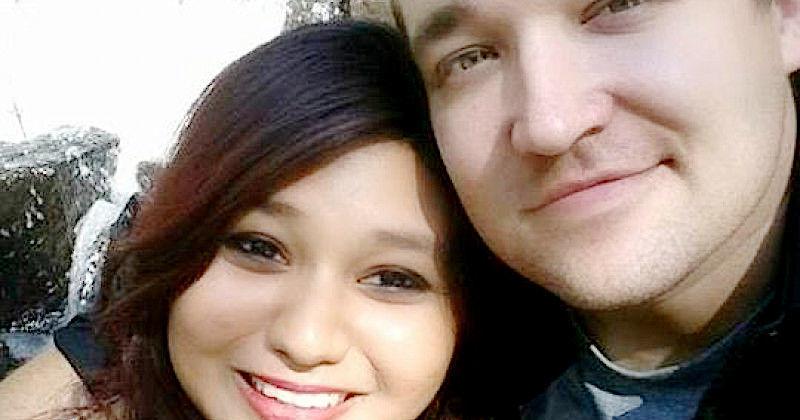So I read the entire section about the alleged events from the plaintiff/boyfriend case and have a few thoughts:
1. Direct quotes from other students who observed the bullying and racism against other international students were placed throughout and kept popping up. This is very compelling evidence to me that something was very wrong with the program and its preferential treatment & dismissing concerns. A full email from a concerned student to faculty noted that the program was failing to address bullying/racism within the program (and the student expressed concern about Sanjeevi’s mental health). But it wasn’t just one student ally/friend, but seemingly several who saw and experienced bullying from the “bully student,” etc.
2. Faculty were completely inappropriate at several times in the narrative, as evidenced by quotes from students other than just Sanjeevi. Students noted that they felt like one of the faculty members was trying to spin a narrative immediately after Sanjeevi died, and Tehee (Sanjeevi’s advisor/lab head) didn’t give her lab’s RA funding at all or projects at all within two weeks of school starting in Sanjeevi’s first year (this fund was separate from the American Indian specific funding Sanjeevi’s colleague received already—that student received both types of funding that semester from the very start and Sanjeevi nothing at all—-why?). Faculty (Tehee) told the alleged bully details that shouldn’t have been told to a student about Sanjeevi and the two went horseback riding multiple times during the year—definitely inappropriate level of a dual relationship there at least. Other students were quoted as agreeing that that Tehee was aligned with the alleged bully.
3. Sanjeevi went to CAPS for support/therapy and a psychologist wrote a “report” (intake? Diagnostic report?) with details that were just odd for an intake that made a lot of assumptions about her and was more detailed than you’d expect from an intake. Wondering why that is (CAPS a practicum site for their dept, I might add). I’d like to see the full report, personally.
4. USU dragged their feet for months when producing documents, selectively shared them, and refused to provide some.
5. One faculty member (when emailing another faculty member regarding the bullying allegations/conflict with the other student) says it’s a “mess” and they think Sanjeevi had not just trauma from past assault, but BPD and/or DID. We get no explanation for why that faculty member felt that way, but nowhere else in the entire narrative do you see any evidence of either of these disorders or info about what would make the faculty member think this (the info from the psychologist’s CAPS report doesn’t mention any Cluster B traits, but we aren’t privy to his diagnostic conclusion other than he says she has affective symptoms of depression and high stress levels) . Most of the time, we see the label and think Cluster B explains away the conflict (including people saying the person has interpersonal conflict—not seen in this narrative at all, just glowing quotes about her social skills from her undergrad and master’s). This case isn’t clear cut because so many students interviewed actually sided with Sanjeevi and per their quotes and observations, saw the other student bullying Sanjeevi and other students in the program, and reassured Sanjeevi that it was just the bully who didn’t like her, not all students (alleged bully spread rumors that everyone hated her, per the narrative) so I don’t see how the faculty informal diagnosis would invalidate Sanjeevi’s claims of bullying or mistreatment and concern about the dept’s lack of response).
It’s clear from the narrative that other students in the program thought the diversity focus was a ironic given the treatment of international students vs. white and/or indigenous students.
My takeaway is that I trust the quotes from students and faculty inaction/actions that were quoted as well, and both were compelling. I’m frankly surprised that this wasn’t settled for a much higher amount and quickly.
I’m not sure what details we aren’t privy to, but the ones we are speak very poorly of the program. Was there another set of several students alleging Sanjeevi manipulated them or bullied them as a counter-narrative?
Usually it’s easy to find holes when you read the details, but not so in this case. I would like to see the defense and their narrative, but I don’t think there’s any more info that’s public.



